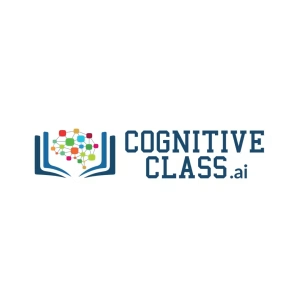Microsoft Azure Cognitive Services: Custom Vision API
The Custom Vision Service is a machine learning algorithm, provided as a service, supporting image classification for the subject of your choice. This course will show you how to train a model and to integrate it into a variety of applications.
The Microsoft Cognitive Services, hosted in Azure, provides a range of APIs that support developers in integrating artificial intelligence (AI) features within their applications. In this course, Microsoft Azure Cognitive Services: Custom Vision API, you will gain the ability to work with the Custom Vision Service, understand its benefits and limitations, create, train and improve an image classification model, and work with it within a range of applications. First, you will learn about the problem of image classification that the Custom Vision Service is designed to solve, and how you can create a model for image recognition dedicated to your subject of interest. Next, you will discover via the service APIs how you can integrate image prediction and model training functionality into your own web applications. Finally, you will explore how to export the model for use in offline contexts, such as within a desktop application or embedded in a mobile app. When you are finished with this course, you will have the skills and knowledge of working with the Custom Vision Service needed to develop and use your own classification models to provide image recognition.
Author Name: Andy Butland
Author Description:
Andy works as a developer and architect for the digital agency Zone, part of Cognizant Digital, remotely from Italy. His primary technical focus is on the production of content managed websites, DDD/CQRS architected web applications, and voice/chat bot development using .Net, Azure and related technologies. He’s certified as MCSD and MCSE, as well as holding qualifications in Sitecore, EPiServer, and Umbraco CMS. In the open-source space Andy is active within the Umbraco CMS project. He blogs an… more
Table of Contents
- Course Overview
1min - Introducing the Custom Vision Service
16mins - Building and Training a Custom Vision Service Model
16mins - Working with the Custom Vision Service Prediction API
21mins - Working with the Custom Vision Service Training API
13mins - Using a Custom Vision Service Model Offline
22mins






There are no reviews yet.